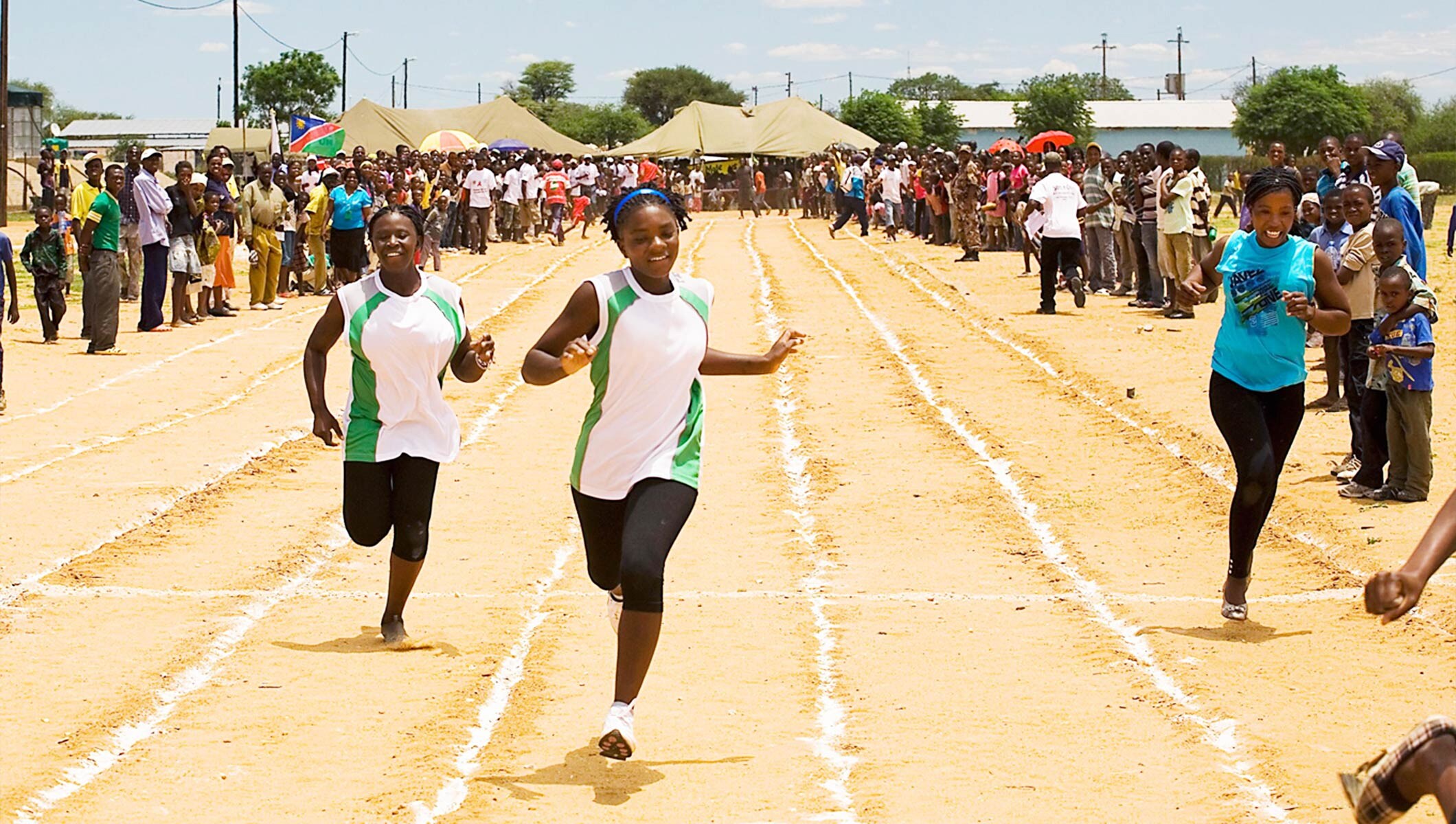A four-year plan for 2021 to 2024 that will enable a million young people affected by displacement to have access to safe sport has been approved by the Board of the Olympic Refuge Foundation (ORF).
The Board also appointed Kenya’s double Olympic 10,000 metres silver medallist and International Olympic Committee (IOC) member Paul Tergat as a new member for a four-year period.
Developed through consultation with the IOC and the United Nations Refugee Agency (UNHCR), the plan builds on the lessons learned over the last three years, and takes into account the current and future implications of COVID-19.
"The positive momentum created by the IOC Refugee Olympic Team at the Olympic Games Rio 2016 encouraged us to go even a step further and create the Olympic Refuge Foundation in 2017," said IOC President Thomas Bach.
"Together with UNHCR, we are addressing not only refugee athletes, but the refugee community at large.
"Since its launch, the Olympic Refuge Foundation has already reached over 200,000 displaced young people and their host communities, with the aim of reaching one million people by 2024."
Filippo Grandi, UN High Commissioner for Refugees, added: "Sport is a powerful tool that helps refugees and displaced people rebuild their lives and belong to the communities that host them.
"Despite the global pandemic, we have seen how the innovative work of the Olympic Refuge Foundation continues to ensure that refugee and displaced youth thrive through sport.
"I am pleased to announce, together with President Bach, the Olympic Refuge Foundation’s new ambitious four-year plan, which aims to provide access to safe sport for one million young people affected by displacement by 2024."
The strategic four-year plan approved today will allow the ORF to continue and expand its activities to effect change in three areas.
In terms of access, there will be support for 20 programmes engaging young people affected by displacement that respond to local needs, and a Master Trainers network will be created to develop more than 2000 coaches.
There will be a concerted effort to ensure that safe sport is increasingly accepted and adopted.
The Sport for Refugees Coalition of more than 80 partners will be mobliised to build multi-stakeholder partnerships.
Since its creation in 2017, the ORF has coordinated 11 programmes in seven countries - Democratic Republic of Congo, Jordan, Kenya, Mexico, Rwanda, Turkey and Uganda - with new programmes to be launched shortly in Colombia and France.
As a result, 200,000 young people are currently benefiting from sports programmes designed to improve their well-being and social inclusion.
In 2020 the ORF launched a COVID-19 response that enabled flexible funding, making $500,000 (£360,000/€420,000) available for assistance in Jordan and Uganda.
The IOC has been helping refugees through sport since 1994 in partnership with UNHCR.
In 2016, the first-ever IOC Refugee Olympic Team competed in Rio de Janeiro, and Olympic Solidarity is currently supporting the 55 refugee athlete scholarship-holders vying to be part of the Refugee Olympic Team for Tokyo 2020.

